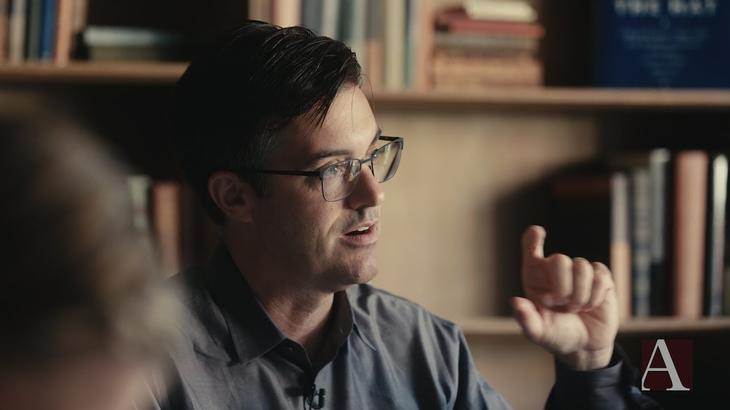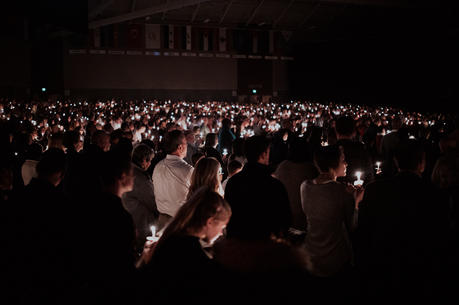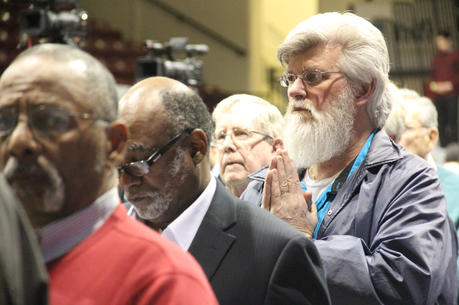What you learn from writing fiction
This week’s guest is Liam Callanan, associate professor of English at the University of Wisconsin-Milwaukee and author of the forthcoming novel, Paris by the Book. Mr. Callanan is the recipient of the 2017 George Hunt, S.J., Prize in Arts, Letters and Journalism, which is co-sponsored by America Media and the Saint Thomas More Chapel & Center at Yale University. His latest essay in America is “Good nonfiction may teach us what to believe, but fiction teaches us how.”
Mr. Callanan discusses the odd situation wherein the protagonist of his novel, The Cloud Atlas, whom he named Louis Belk, worked in bomb disposal in the Army Air Corps during World War II. Shortly after the book was released, someone wrote to Mr. Callanan, “why did you write a book about me?” for his name was Louis Belk and worked in bomb disposal in the Army Air Corps during World War II. “Here’s a case where truth and fiction meld with each other very well,” says Mr. Callanan, “and it reminded me that the boundaries between these notions are more permeable."
Speaking of his transition to fiction writing, Callanan said, “I had the romantic vision that everybody did: You sat down at a cafe with a little cup of coffee … and a couple days later a novel emerges.” The first thing he learned was: “I wasn’t really cut out to write on my own.” He needed “corporate detox” in the form of a graduate program where he learned how difficult writing truly is. “I also don’t subscribe [to the notion] that writing should be torture,” Mr. Callanan said, but he has learned it doesn’t always come easy.










